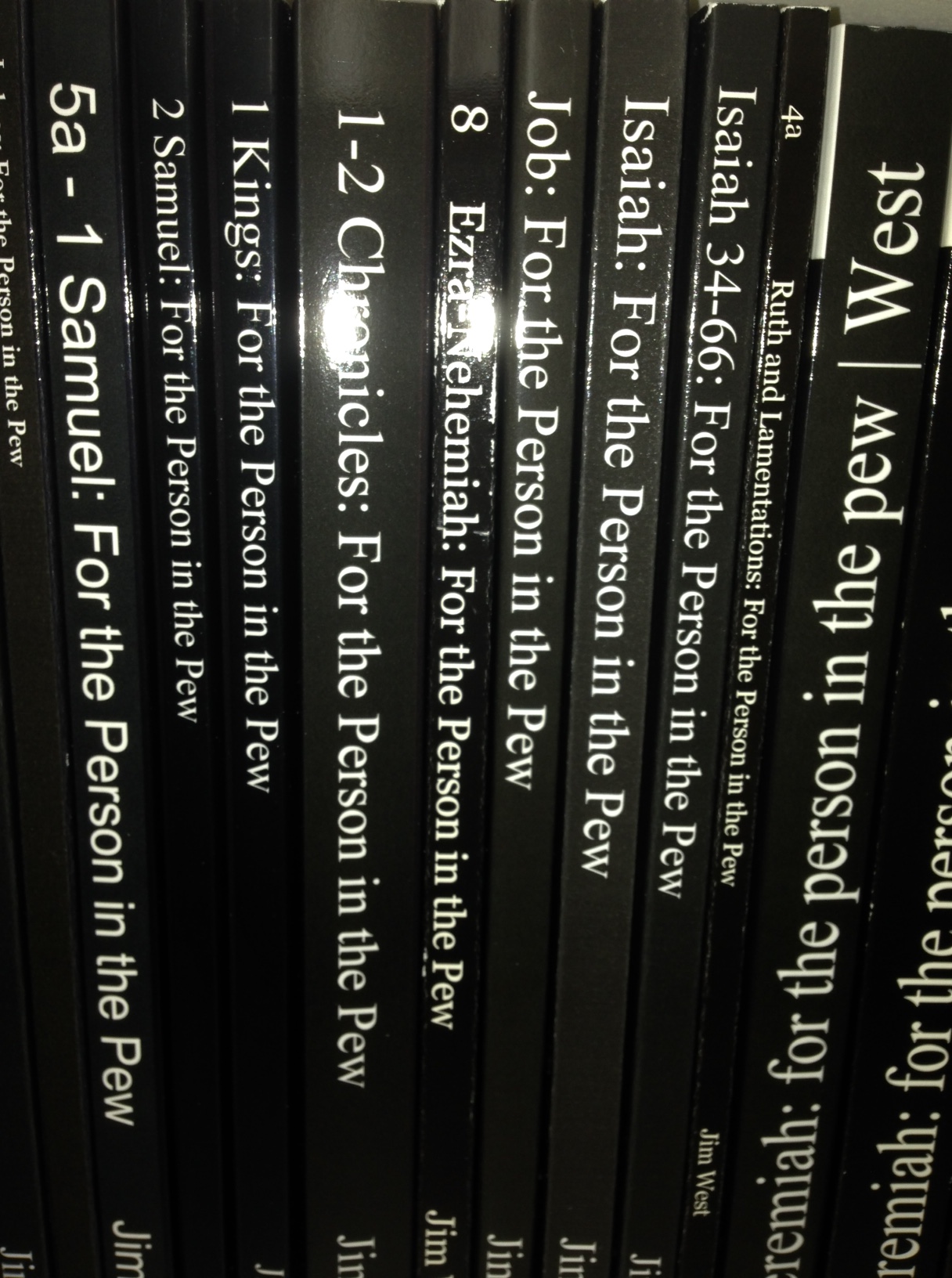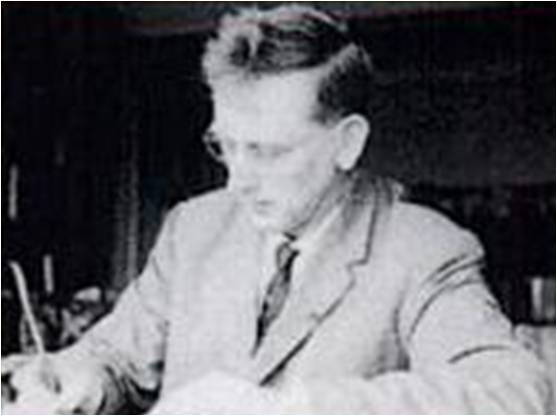 Micah spoke powerfully to the people of Judah millennia ago. His prophecy has the same power to change the minds and hearts of Christians today. As a volume of the New International Commentary on the Old Testament, James D. Nogalski’s fresh commentary on Micah is academically serious and pastorally relevant.
Micah spoke powerfully to the people of Judah millennia ago. His prophecy has the same power to change the minds and hearts of Christians today. As a volume of the New International Commentary on the Old Testament, James D. Nogalski’s fresh commentary on Micah is academically serious and pastorally relevant.
Based on Nogalski’s original translation of the Hebrew text, this commentary takes seriously the historical and theological contexts of the book of Micah. The thorough introduction considers the book’s literary form, its composition, and its function in the canon, especially within the Book of the Twelve. Ample notes point readers to the most relevant, up-to-date critical scholarship. Nogalski explicates Micah’s major themes, including fidelity to Yahweh, abuses of power, and the intriguing juxtaposition of judgment and hope for God’s people.
Combining scholarly rigor with an evangelical point of view, The Book of Micah serves as the perfect companion for scholars, students, and pastors seeking to understand this essential prophet.
The New International Commentary on the Old Testament series is the Evangelical (in the old, good sense of the word) answer to the esteemed International Critical Commentary series. The ICC, as is probably well known, features volumes written by what can only rightly be called, in most instances, scholars of anything but a Fundamentalist mindset. That is, they could never be accused of Fundamentalism.
The NICOT is not Fundamentalist in outlook either and it fairly examines the important issues of authorship and historical circumstances, etc. The tools of Historical Criticism are brought to bear. As they should be.
But the authors of the NICOT also have a faith commitment and that commitment is obvious on every page. Those, then, wanting dispassionate disconnected detached analysis of the biblical text apart from a faith perspective will need to look elsewhere (and they won’t find it there either. Even the most radical critic is ideologically informed).
Nogalski’s work does what most commentaries do. It introduces the Book of Micah (in this instance), discussing the historical background, the composition of the book, the authorship of the work, textual issues, its place in the canon, and its message for today. It also offers a fresh translation of the Hebrew text.
Being a commentary it also spends the great bulk of its time commenting. The text is arranged into sections which are then further divided into subsections and each is carefully analyzed and, surprising no one, evaluated.
The work includes an index of authors, subjects, and ancient texts.
In terms of the content itself, it offers solid, stable, sound guidance for readers of the biblical text. There’s neither anything earth shattering or controversial in Nogalski’s reading. It’s simply sensible and sensibly presented. It, in short, is just downright good work.
Those looking for a useful commentary on the prophet Micah have found it when they open this volume. Nothing more can be asked of a commentary than that it be helpful. This is.





 For many years I worked on the ‘Person in the Pew’ commentary series. You need it. You want it. You must have it.
For many years I worked on the ‘Person in the Pew’ commentary series. You need it. You want it. You must have it.




 Everyone will know the work of the great Calvin scholar. Refo 500 had the sad news on 29 April, 2016.
Everyone will know the work of the great Calvin scholar. Refo 500 had the sad news on 29 April, 2016.